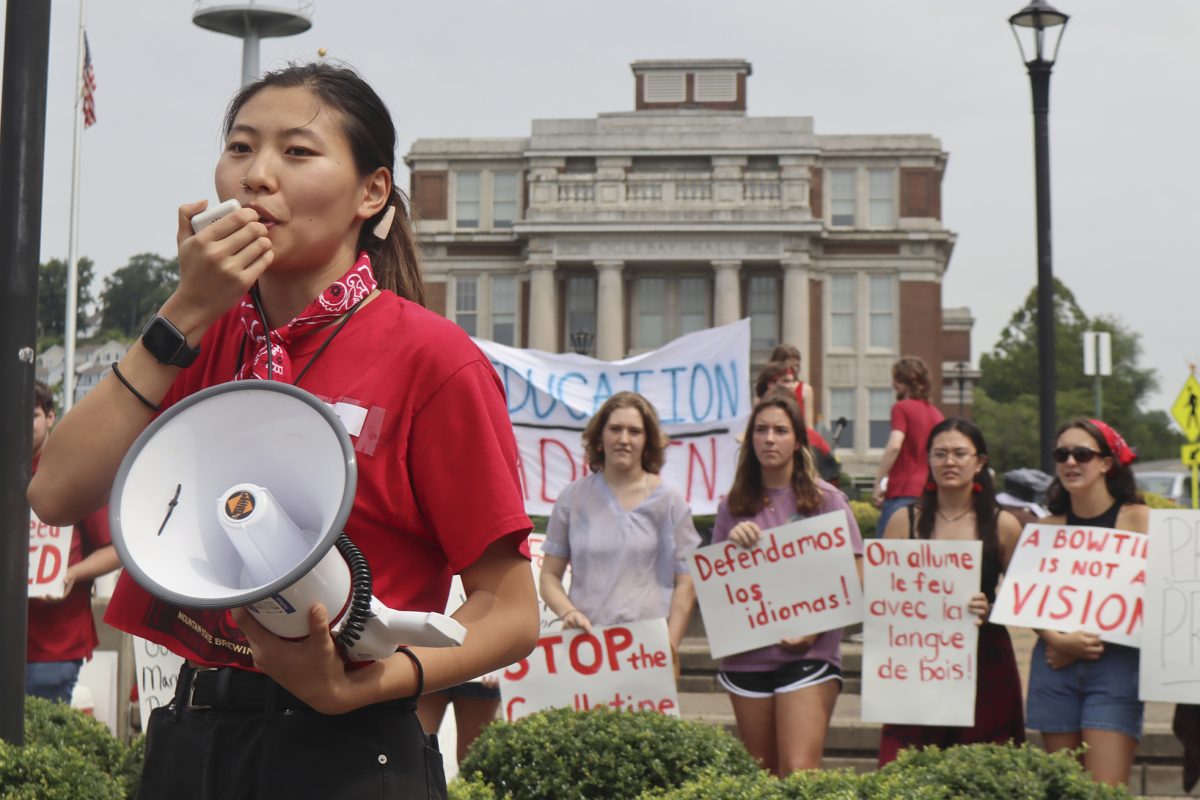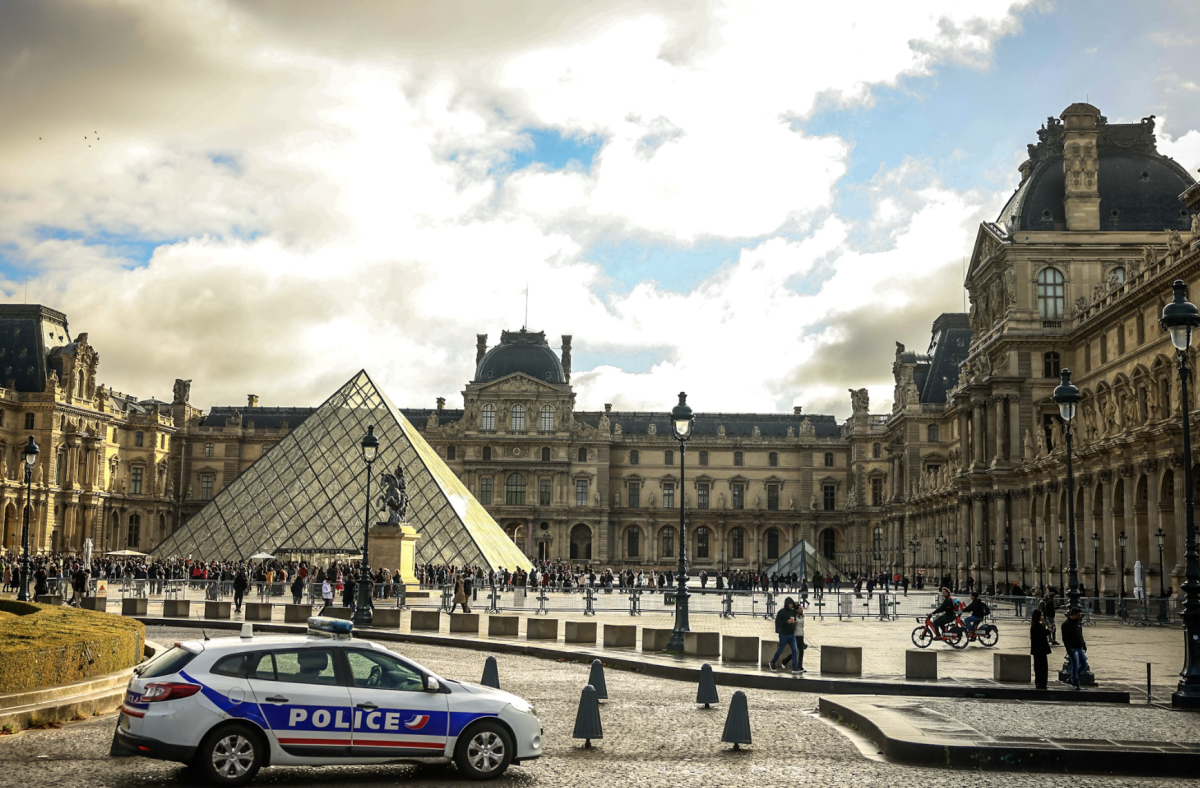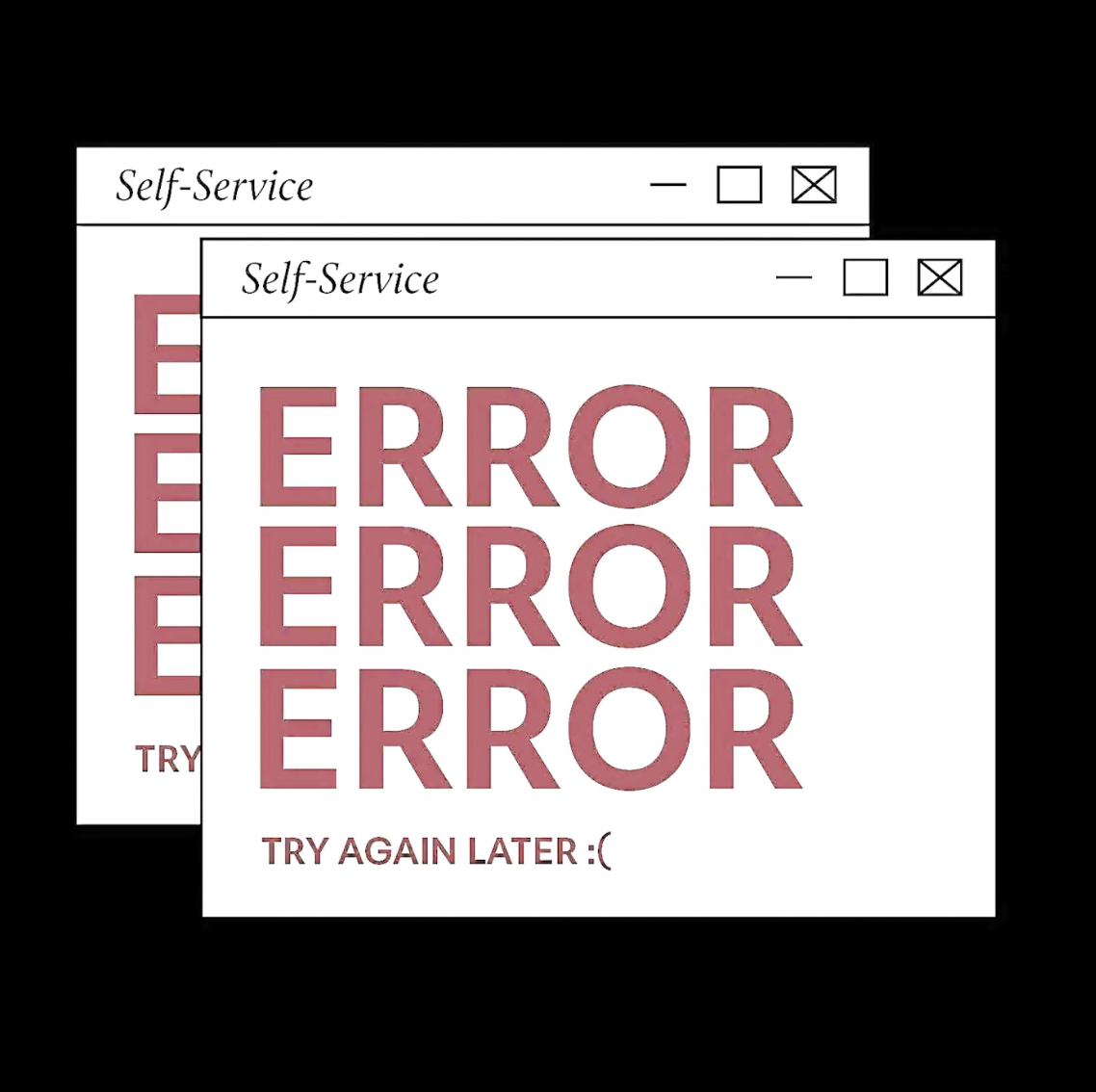In Grutter v. Bollinger, the U.S. Supreme Court noted that “universities occupy a special niche in our constitutional tradition.” Upholding the principle that universities had a compelling interest in ensuring student body diversity, the court recognized “the expansive freedoms of speech and thought associated with the university environment” essentially justified deference towards universities. “When a critical mass of underrepresented minority students is present, racial stereotypes lose their force because nonminority students learn there is no ‘minority viewpoint’ but rather a variety of viewpoints among minority students.”
Although a decade later, the 2023 court struck down race conscious admissions programs at Harvard and the University of North Carolina, the court’s holding primarily impacts highly selective institutions. It is likely to have little to no effect on institutions like ours. Moreover, the court’s holding does not impact necessarily other diversity, equity and inclusion efforts by universities.
In other cases, the court has long recognized “the importance of education to our democratic society …. as the very foundation of good citizenship.” Brown v. Board of Education. Universities serve needs other than breaking racial and other stereotypes and the development of good citizenship. Universities are grounded in the pursuit of knowledge – the freedom to discuss, question, and explore avenues of scholarship, research, and creative expression, without fear of censorship or discipline.
Amidst the changes we are experiencing from global warming, the fires that raged in Maui, Greece, Portugal, and other places, the floods and severe weather events that have ravaged communities in the U.S. and globally, I want to recognize and celebrate the special and unique role that universities play in developing scientific and other kinds of knowledge, and to encourage the pursuit of higher education in our younger communities.
Over a decade ago, Drew Gilpin Faust, then President of Harvard University, noted the critical importance of higher education beyond solving society’s most pressing problems, in its exploration of “broader questions, of the kinds of inquiry that enable the critical stance, that build the humane perspective, that foster the relentless skepticism and unbounded curiosity from which our profoundest understandings so often emerge.” The Role of the University in a Changing World, address to the Royal Irish Academy, Trinity College, Dublin.
Today, universities face a myriad of challenges including decreased public financial support, increased costs, plunging enrollment, rapid and radical changes in technology including artificial intelligence, and challenges that target the very essence of higher education including state interventions in curriculum and course content, bans on certain theories (like critical race theory), restrictions on speech and content about gender in all of its dimensions, and political attacks on the necessity and wisdom of pursuing higher education.
These challenges are unlikely to result in the demise of higher education – the vitality of the life of the mind and the search and exploration for knowledge are too much at the essence of being human. But make no mistake we are in the midst of change. Change that calls for us to remain open, flexible, honest and serious in our pursuit of greater understanding, empathy and solutions to the problems we face here and in the global community.
I am happy to greet the Loyola community back to campus as we strive to rise to the challenges before us. Welcome back, Loyola!













